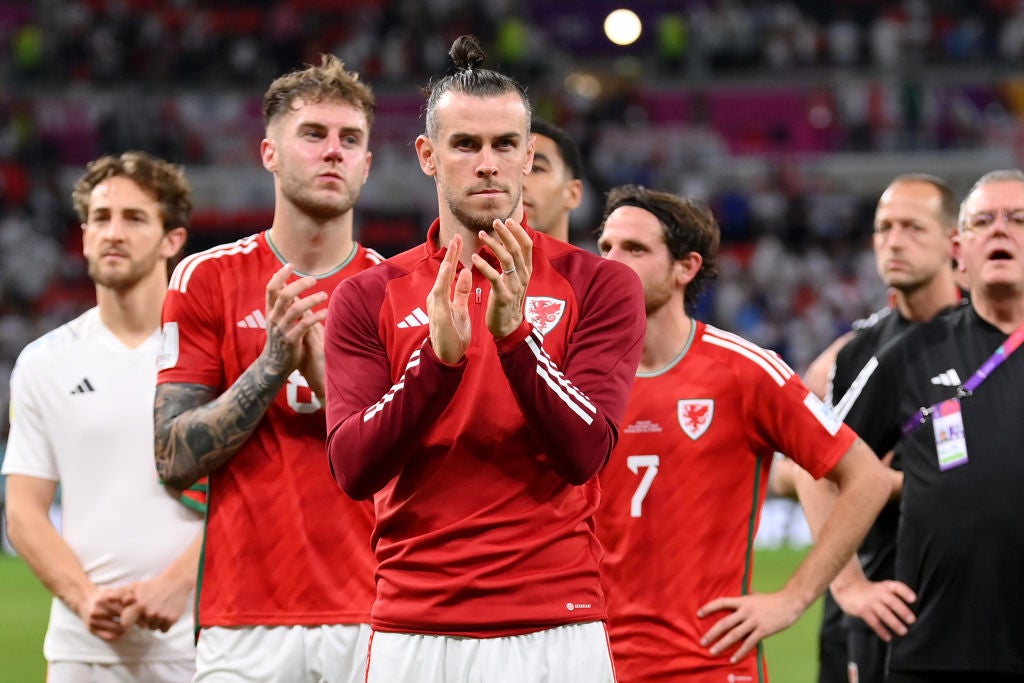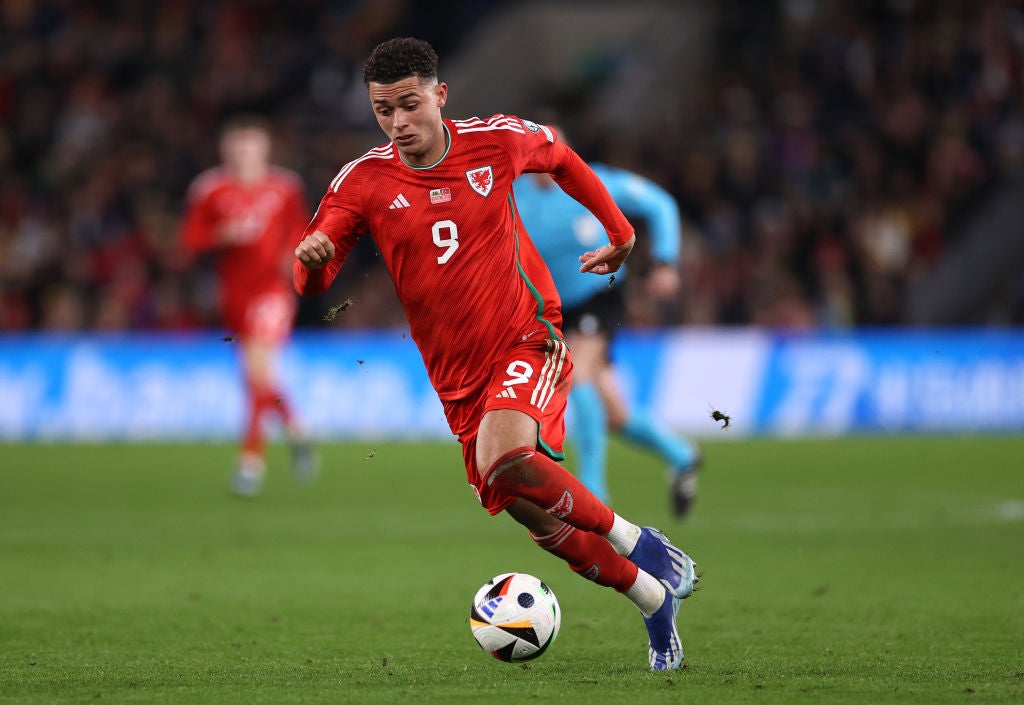Wales face a third-generation problem to make it three in a row at Euro 2024
Rob Page’s team face Finland in the play-off semi-finals, with Poland or Estonia next up to reach the European Championship

Wales or Finland, Poland or Estonia. One of that quartet will be at Euro 2024; the other three will watch on from afar or ignore the entire tournament, too raw from getting so close and yet having no reward.
Whether they all deserve another shot is a different matter, and an irrelevant one; the crossover between Nations League and European Championship qualifying means three “paths” will effectively see three lucky losers make the finals.
If it came down to history, there would be an obvious split in the camp. Two, of course, have little heritage at major tournaments: Estonia have never reached a finals, Finland only once – Euro 2020, where they made further history with a victory.
Poland have great recent success, making four Euros finals in a row as well as two World Cups, but with a population of nearly 40m, they’d perhaps expect to do so. Wales, by contrast, have a population of a little over 3m. They’d not reached any kind of tournament for almost half a century and yet in recent times they have continually found ways to defy the odds. Even so, this latest challenge represents a different and difficult one for them.
We are now perhaps witnessing the start of phase three of the Welsh rejuvenation, the third iteration of a tiny nation, punching above its weight class and not only mixing it with the biggest, but at times beating them too. For while they will be attempting to reach a fourth tournament in just eight years, the Dragons are now without several of the architects of their recent successes and with question marks over the future of others.
The start of their upturn in fortunes, of course, can be traced back to the late Gary Speed. The former international took Wales from their lowest-ever Fifa ranking of 117, just months into his tenure, up to well inside the top 50. His final fixtures included wins over Norway, Bulgaria and Switzerland; Wales were very much on the up.
Quite aside from the emotional ups and downs thereafter, his successor Chris Coleman took some time to get things right – but that new-look team had begun and continued to evolve in the lead-up to Euro 2016. That was the squad of Ashley Williams and Neil Taylor; of James Collins and Hal Robson-Kanu. A blend of hold-over experience and those available from the top flight, scattered through with workhorse potential and genuine excellence.
It can, thus, be suggested that the second iteration of Wales – the team which followed the instant legends who qualified for that first tournament since 1958 – was that which Rob Page inherited from Ryan Giggs and turned into his own. Fully built around Gareth Bale and Aaron Ramsey, both were by then into their 30s but possessing the continental experience and trophy-winning pedigree which Dragons’ squads had, for far too long, lacked previously.

This Wales v2.0 went on to reach back-to-back tournaments: Euro 2020, once again reaching the knockouts, and World Cup 2022, a group-stage exit not diminishing the achievement of just their second-ever appearance at that competition.
And now, gen three: the post-Bale environment, the need to qualify without their magic man stepping up to pull yet one more rabbit out of the hat. And, beyond this initial qualification, find the right blend to continue progressing, to continue being a side which can reach major finals.
Page has not, perhaps, figured it out quite yet, with a slow start in Euros qualifying contributing to them needing this play-off route to reach a third European Championship in a row.
Bale isn’t the only departure since Qatar. Chris Gunter, capped more than one hundred times, is now on the coaching staff rather than subs bench. Tom Lockyer would no doubt have been playing an ever-increasing role as a Premier League defender, had his season not been curtailed. It remains to be seen if he returns, with the Luton man noting the medical reports will determine that part of his fate.
Now, the newest Wales alignment must figure out how to get the best out of the likes of Brennan Johnson and Harry Wilson instead; whether Nathan Broadhead has what it takes to lead the line or if the rather more robust Kieffer Moore is the better foil for the pace of Johnson and Dan James.

Among them all, the faded force of Ramsey remains, national team captain now but still struggling for fitness and form back at Cardiff.
He’ll forever be part of that iconic group which lives in the memories of Welsh fans, but his impact over the past few years has been limited at best. Even so, Page will hope one more moment remains in his boots and his brain. He is, after all, the top scorer in the squad by a distance, in international terms.
Wherever the winning goals come from, Page and the legions of supporters will not mind.
Bale and co became heroes, reaching one tournament, another, then another. Those chapters are written and already into history, but another page can now be ensured if they progress through the playoffs – so Wales need to find a new hero from within to make it happen.
Join our commenting forum
Join thought-provoking conversations, follow other Independent readers and see their replies
Comments
Bookmark popover
Removed from bookmarks